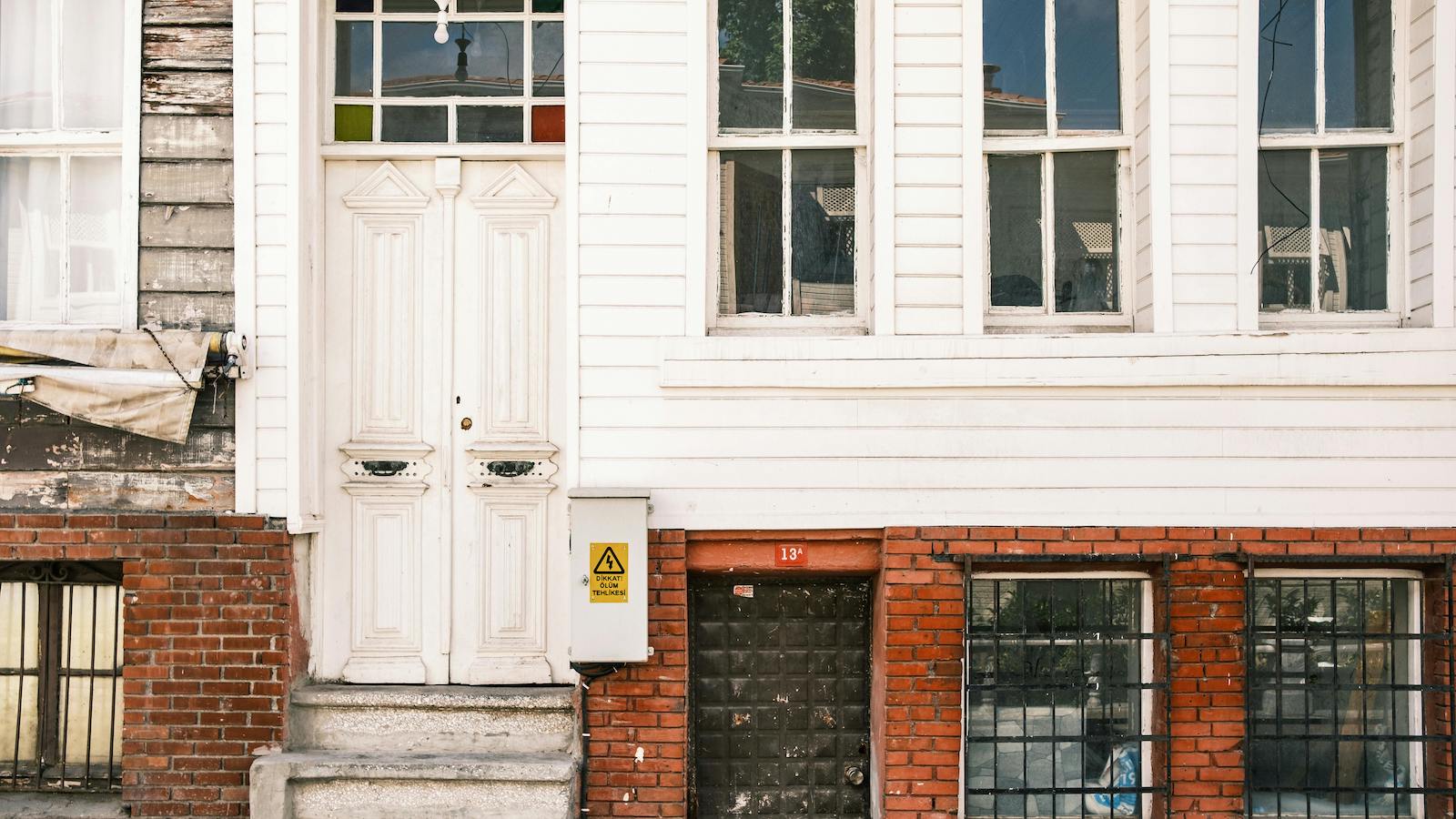As AirBnB and VRBO have opened up the vacation home rental market to millions of property owners, t The ease with which owners can use technology to list either their primary or secondary homes has transformed the way we take our holidays.
The pandemic has, interestingly, fueled more growth in the secondary or vacation home markets as people choose to take their holidays closer to home or look for second spaces to continue remote working. According to the National Association of Realtors, vacation home sales rose 16% in 2020 over the previous year. That’s nearly triple the 5.6% growth in existing-home sales. The surge is continuing this year, with sales up 33% to April over last year.
Just as the vacation home rental market has embraced technology, so, too, has the insurance industry. Insurtech is reducing costs for owners and insurers as well as improving the customer experience. Providers are using advanced technologies such as AI and machine learning to develop insurance offerings that allow for more customizable coverage and pricing that can account for complex insurance requirements.
This is an important step forward specifically when it comes to insuring vacation properties. With the help of platforms such as AirBnB, VRBO and others, owners are able to rent out their primary or secondary properties, or part thereof, for longer, shorter or intermittent periods. Which brings with it a much more complex insurance landscape for agents to navigate with their clients.
What should agents consider when looking to insure rental homes for their clients?
Different types of property owners need different types of coverage
Knowing what kind of property owner your customer is will make sure you start the discovery process in the right place. This can be as simple as knowing if they are a private owner or, for the purposes of the property in question, they are a commercial owner. A commercial owner can mean a company that owns numerous properties or an individual who is running a bed and breakfast.
The ownership structure of the property can also affect the type of coverage required. If it is owned by an LLC or other type of legal entity and there are different users and owners of the home, it's important to be clear who the actual parties to the insurance contract are. It can be easy to get this wrong. For example, a party who is classified as an additional resident as opposed to an additional insured might affect the validity of the coverage.
Understand the type of coverage needed
A more commercial type of vacation property will likely be better-suited to commercial insurance as opposed to a more traditional homeowners policy. It will typically offer more in the way of liability insurance and be applicable across a portfolio of properties, making it more efficient than writing individual policies for each home.
However, a policy can be more nuanced for the smaller owner who is renting out their own vacation home or their primary residence from time to time. Traditional insurance policies can be vague when it comes to cover for use of the residence for rental purposes. The contract may allow for occasional short-term rentals, but it will be important to understand what the owner's intention is when it comes to how much of the year they want to rent out the property, to ensure they have the right kind of coverage.
In some cases, landlord’s insurance might be applicable if the property is to be rented out most of the time. In other cases, where the rental periods are briefer, a landlord's endorsement to their primary policy can be activated for those times the property is available to rent.
Think about the different liabilities
Offering a property for rent will crystalize liabilities for the owner they would not otherwise be exposed to. This is particularly the case if the owner intends to offer bed and breakfast services beyond simple accommodation. Cooking for guests, serving alcohol or providing a shuttle service, for example, all come with their own inherent risks and liabilities. In these cases, liability coverage in traditional home owners contracts are unlikely to be sufficient.
A homeowner’s existing injury liability may also not apply if the accident occurs when only a part of a property is rented -- for example, when just a room or an apartment above the garage is rented but is part of a primary residence.
This is just the tip of the iceberg when it comes to understanding the kind of liability protection a homeowner may require when looking to rent out one of their properties to holidaymakers.
See also: Market Boundaries Are Blurring
Be diligent
In summary, agents need to make sure they thoroughly consider three things: how long the owners will rent out the property; if the owners ever intend to use it; and whether they want to offer services beyond accommodation. Every property owner can have different answers to each of these questions, but all will affect the blend of coverage and types of liability they will be exposed to.
Insurtechs are able to offer updates and more customizations than traditional forms of homeowners insurance, so it's worth understanding the owner's intentions well and hunting around for specific policies that will cover their particular situation.






